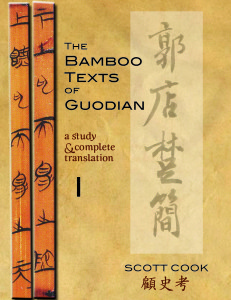[On behalf of Ben Hammer, Shandong University]
A Call for Drafts for the Inaugural English-language Edition of Heritage and Transition: Studies in Chinese Humanities
Shandong University’s Journal of Literature, History and Philosophy (《文史哲》Wen Shi Zhe) is one of mainland China’s most well-known and well-respected academic journals. It has appeared bi-monthly for more than half a decade and has gained the highest repute among Chinese scholars. The Journal focuses on presenting scholarly work on various aspects of China’s traditional culture and society.
Due to the rising demand and desire for international dialogue as well as the rising prominence of sinology in Western countries, the editorial board has decided to begin publishing an edition in English, entitled Heritage and Transition: Studies in Chinese Humanities. It is our goal to help foster such international dialogue and provide a platform for important academic exchange.
This notice is to officially extend an invitation to Western scholars to take part in Heritage and Transition’s inaugural English-language edition. The theme of the inaugural edition is “The Forms and Formation of Chinese Society” (中国社会形态的问题). All entries must be original works somehow related to this theme.
There is no fee to submit. All submissions will be reviewed by the editorial board. All accepted submissions will receive payment. Furthermore, along with being published in the English edition, accepted works will also be translated into Chinese and published separately in the Chinese edition.
The deadline for the first edition is September 30, 2013. Submissions should be between 6,000 and 10,000 words in length. If you are interested in contributing or have questions, please contact Dr. Ben Hammer at benkhammer@sdu.edu.cn
Benjamin Hammer
Assistant Editor, Heritage and Transition
Lecturer, Advanced Institute of Confucian Studies
Shandong University
Jinan, Shandong, China, 250100
+011-86-152-6411-3113



